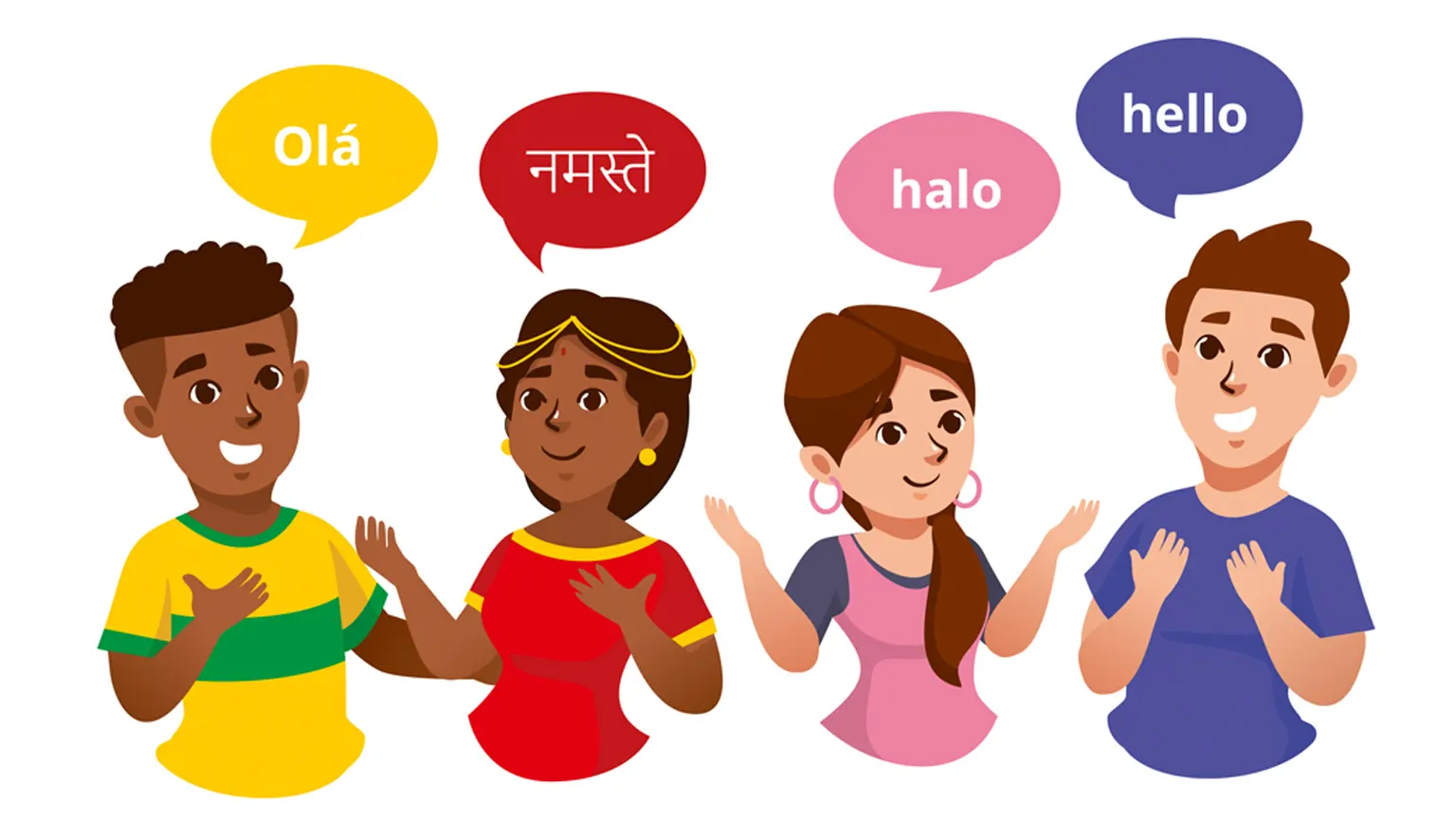As a parent, you must have heard about the benefits of exposing your kids to more than one language early in their life. If you had been thinking otherwise, then we are here to tell you that it works! It has been scientifically proven that bilingual children end up developing certain brain functions that monolinguals don’t in response to particular life situations.
In today’s international era where we are preparing our children to be global citizens of the world, it seems only natural for parents to encourage kids to learn more languages. Apart from the development of their cognitive abilities, what learning another language does is introduce them to a whole new world that is outside of their immediate surroundings. It develops their curiosity, their knowledge of other countries, larger political and economic scenarios, international disputes, cultural differences, etiquette, and nuances that they might not be able to pick up if they only knew one language.
It’s true that there is no age for learning, but when it comes to learning a new language, there’s a limit to how effectively we can process that information. Sadly, it gets harder to learn a new language as we grow older. People in their late 20s or 30s might find it difficult to achieve native-level proficiency or become fluent in a new language. It is a widely accepted notion in the scientific community that there’s a ‘critical period’ in the mental development of humans in which one’s ability to learn a new language dramatically drops. That age appears to be late adolescence, or when younger kids are about 17 years of age.
Here are a few proven benefits of learning a new language that a parent should know:
1) Improves sensitivity to sound
Babies are the fastest language learners in the world. Its interesting to note that the learning process begins much before they are born. The premature auditory system in a fetus starts developing at 33 weeks into pregnancy. When it comes to bilingual children, they start becoming sensitive to different kinds of ‘phonemes’ at a much earlier stage.
In this sense, monolingual babies have been seen to experience weaker brain activity compared to bilingual babies.
2) Develops cognitive abilities:
An evidence of study that suggests that bilingualism improves cognitive benefits. When it comes to processing different kinds of data at once, or figuring out discrepancies between similar kinds of data, which boils down to switching between relevant information or managing complex data, bilingual individuals performed better than monolinguals.
3) Reduces chances of cognitive disabilities:
Some of the recent studies show that bilingualism may help in delaying the onset of Alzheimer’s or other cognitive disabilities. Numerous independent studies show that Alzheimer’s disease was found to be delayed by 4-5 years in bilingual individuals.
4) Open new avenues for career
A new language could turn out to be a great advantage for children in the future. When a person is well-versed in the culture and etiquette of a particular region, he or she can turn out to be an invaluable asset for the company.
Thakur School of Global Education follows an IGSCE curriculum that is based on internationally acclaimed Cambridge programme that is beneficial for developing critical thinking in children.





